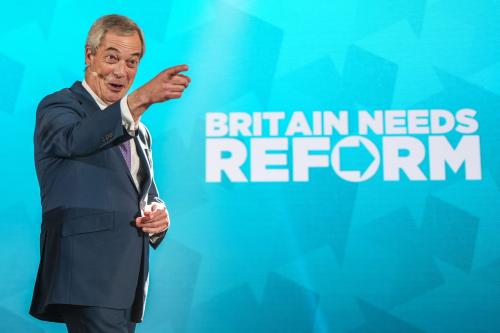Mr. Chairman, Members of the Committee, thank you for this opportunity to testify on the state of the transatlantic relationship at a critical time for the Alliance. Mr. Chairman, I would also like to take this opportunity to pay tribute to all you have done personally for the transatlantic alliance in your 25 years of service in this House and especially as Chairman of this Subcommittee and in your role in the NATO Parliamentary Assembly.
We are addressing this issue after what has arguably been the most intense month of summitry in the alliance’s history. The month of June 2004 began with the D-day anniversary celebrations in Normandy, France and included the G-8 gathering in Sea Island, Ga., and the U.S.-European Union Summit in Ireland before concluding with the NATO summit in Istanbul, Turkey.
In normal times, summits provide a tremendous opportunity for a U.S. President to showcase his role as the leader of the world’s democracies. Such meetings also are rare opportunities for European leaders to demonstrate continued faith in an alliance that has long underpinned their security and prosperity. But these are not normal times, and the alliance is not what it used to be.
The Brookings Institution is committed to quality, independence, and impact.
We are supported by a diverse array of funders. In line with our values and policies, each Brookings publication represents the sole views of its author(s).



Commentary
TestimonyTransatlantic Relations: A Post-Summit Assessment
July 15, 2004